Britain & Ireland
What was it about industrialisation that led to the emergence of a woman’s movement in Victorian Britain? Why do we see so many people fighting for so many rights and liberties in this period and what are the origins of some of the issues we still campaign on today? This section includes our major series on Social and Political Change in the UK from 1800 to the present day. There are also articles and podcasts on the often violent relationship between England and Ireland during this period and England’s changing relationship with Scotland and Wales. Read more
Sort by:
Date (Newest first) | Title A-Z
Show:
All |
Articles |
Podcasts |
Multipage Articles
-

The portrayal of historians in fiction: people on the edge?
ArticleClick to view -

The price of reform: the people's budget and the present trauma
ArticleClick to view -

The right to fight: women’s boxing in Britain
ArticleClick to view -

The secret diaries of William Wilberforce
ArticleClick to view -

The shortest war in history: The Anglo-Zanzibar War of 1896
ArticleClick to view -
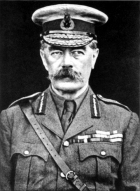
The snobbery of chronology: In defence of the generals on the Western Front
ArticleClick to view -
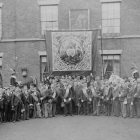
The world in 1913: friendly societies
ArticleClick to view -

The ‘workless workers’ and the Waterbury watch
ArticleClick to view -

Thomas Muir and the 'Scottish Martyrs' of the 1790s
ArticleClick to view -

Tony Blair, the Iraq War, and a sense of history
ArticleClick to view -

Tourism: the birth and death of the little Welsh town?
ArticleClick to view -

Towards Reform in 1809
ArticleClick to view -

Twickenham as a Patriotic Town
ArticleClick to view -

Two Babies That Could Have Changed World History
ArticleClick to view -

WWI and the flu pandemic
ArticleClick to view -

War Plan Red: the American Plan for war with Britain
ArticleClick to view -
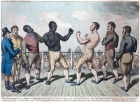
Waterloo's prizefight factor
ArticleClick to view -

We will remember them: well, most of them
ArticleClick to view -
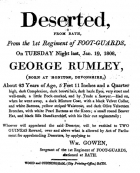
Wellington's Soldiers in the Napoleonic Wars
ArticleClick to view -
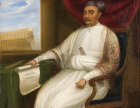
What Have Historians Been Arguing About... the British Empire and the age of revolutions in the global South
ArticleClick to view

